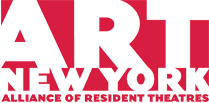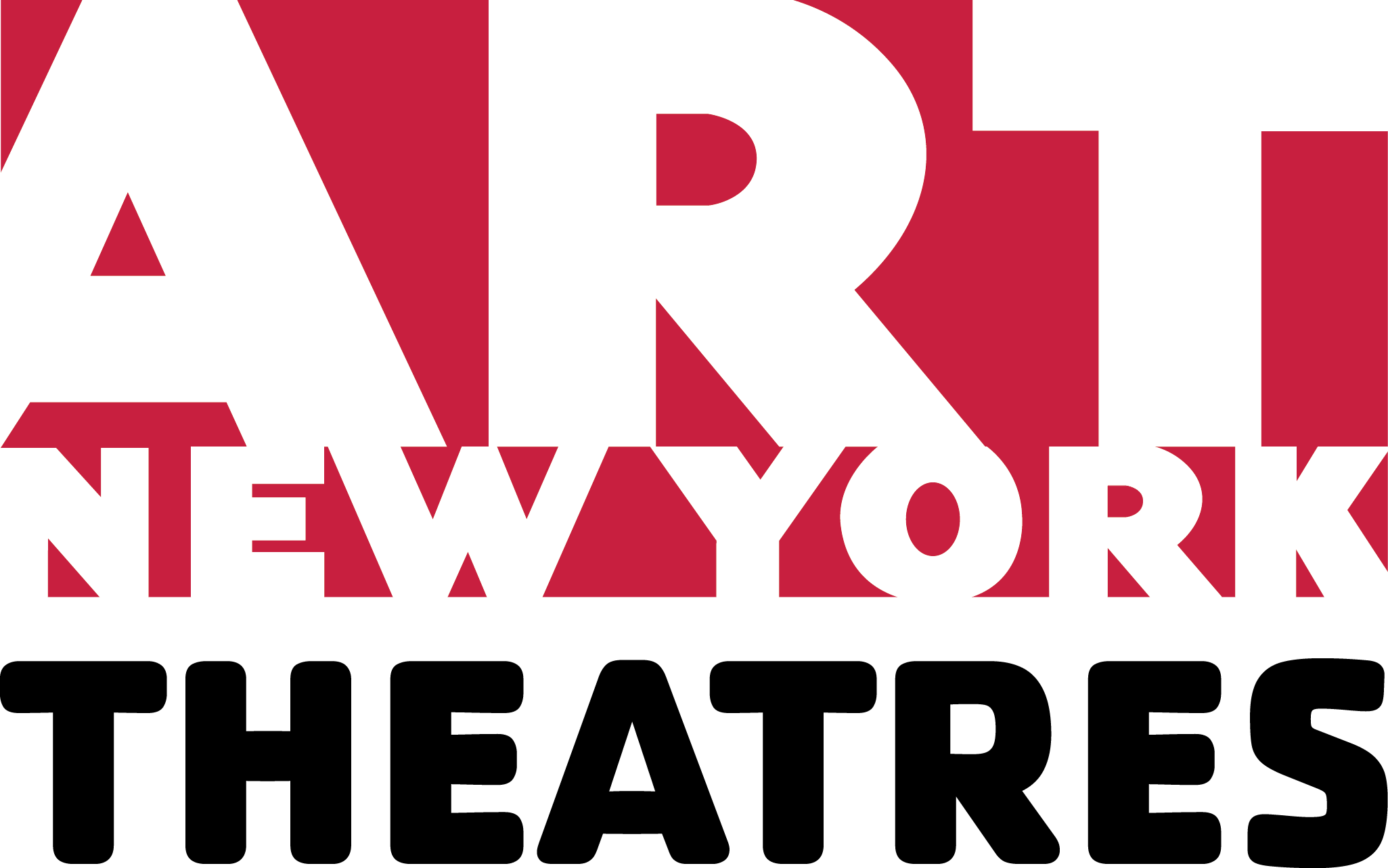
Overview of A.R.T./New York's Grant Programs
A.R.T./New York provides grants to theatres of all sizes through a number of regranting programs supported by foundations, corporations, and government agencies in the New York City community. All applications are submitted through A.R.T./New York’s online grant portal. We are deeply grateful to our funding partners for making these programs possible.
NEW for Fall 2025!
Changes to Fall Grant Opening and Closing Dates
We are pleased to continue to offer our fall grant programming with our funding partners for Fall 2025 and we are excited to announce a change to the process. The NYSCA - A.R.T./New York Creative Opportunity Fund and the Howard Gilman Foundation NYC Small Theatres Fund will have two separate applications and timelines that will allow for more effective administration of these programs and on a better timeline that allows for a more prompt release of funds for grantees.
Howard Gilman Foundation - NYC Small Theatres Fund
Opens: October 7, 2025
Closes: November 25, 2025
Office Hours: October 7 - November 21, 2025
NYSCA - A.R.T./New York Creative Opportunity Fund
Opens: December 2, 2025
Closes: January 20, 2026
Office Hours: December 2 - January 16, 2025
General Eligibility for A.R.T./New York Grant Applications
-
Applicants to A.R.T./New York’s grant programs are NOT required to be members of A.R.T./New York.
-
Applicants must not charge fees to artists (including but not limited to playwrights, actors, designers, and directors) to participate in theatrical productions of the organization; fees may be charged only for legitimate classes and training programs and only if they are clearly distinct from theatre productions.
A.R.T./New York Grant Programs
In building A.R.T./New York’s grantmaking programs, we work towards the following goals:
-
Provide a simple and streamlined application process to limit the burden on small theaters to apply for funding.
-
Create opportunities for multiple input on scoring and knowledge-sharing in the evaluation process by utilizing a peer panel with nominations open to the public.
-
Provide robust technical assistance during and following the application process so applicants can submit the strongest possible applications to a funding program.
-
Make our applications, technical assistance, and all other grantmaking programs accessible to artists and administrators with disabilities.
-
Reflect and respect the myriad of possible ways to be a theatre company, and center the company’s reflection of its needs, opportunities, and challenges instead of providing a “one size fits all” model.
-
Talk explicitly about historical and current under-resourcing of communities and artists due to racial, economic, disability, and sexual identity and/or geographic location, and actively work to address these inequities. This includes holding space for discussions of bias and anti-racism and anti-oppression training, ensuring panels and funding dockets reflect the demography of New York City and State, and interrogating ideas around artistic quality/excellence, community service, and professionalism in non-profit arts management in the creation of funding programs, applications, and panelist discussion and scoring.
Featured Image In Header: Creative Opportunity Fund Recipient KEVIN RAY | WORKS production of WE, October 2024. PC: Jonathan Levin
|


